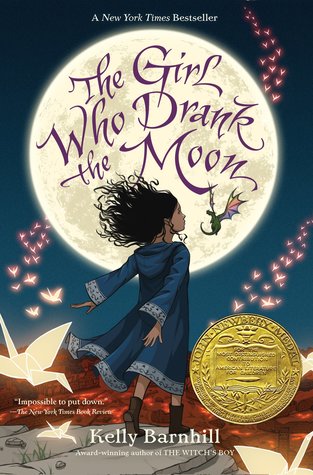As I gear up to open to submissions for the new year, I’m once again faced with the task of whittling down the remaining fulls in my query inbox. I’d love to get down to zero, a fresh start to 2020. I have less than ten manuscripts to consider. Should be easy right?
Wrong.
As the pile of “maybes” gets smaller, the harder it is to make decisions on what to let go. There’s the young adult thriller I’ve had since spring, in which, although the plot is a mess, I’m in love with the narrative voice. The contemporary middle grade that’s been there since late summer, with the amazing concept and natural tension, but rough writing. The adult fantasy, just requested before shutting down my inbox, that is totally epic and totally up my alley, but perhaps not enough to break out in the smaller SFF market. The interesting women’s fiction from early fall, with the really cool author with lots of great experience and a huge platform, that doesn’t quite catch, but maybe could with some edits.
I can’t take on all of them. But there isn’t a good reason to reject them. So I start typing those dreaded words, “I just didn’t fall in love,” cringing because after months of considering a full manuscript, I know the author is going to be frustrated by this lame response. Sure I try to dress it up best I can, but the bottom line, is “it’s not you, it’s me.” I’ve gotten plenty of those types of responses from editors to know that wrapping it in a pretty ribbon of words isn’t going to make the seemingly arbitrary rejection any less baffling and/or disheartening.
How can I explain myself, and my cohort of literary agents across the country, for sending rejections we ourselves dread to receive?
So I emphasize once again, how in tune I must be with a manuscript and its author. My vision for what editorial the manuscript needs and who the target audience is should be crystal clear. Knowing those two factors, I can lay a path forward for myself and the author. My vision has to be strong, because that path will most definitely veer and fork and turn on itself. This business is a roller coaster at best and a human-eating monster at worst. As one of my favorite lit peeps Literary Agent DongWon Song pointed out in a recent Writing Excuses podcost:
Now, the thing is, publishing is a system that is designed to be extremely random. What makes a book work is highly unpredictable. What makes a book tank, also highly unpredictable. So when you’re thinking about this, there’s two things you need to keep in mind: always have a plan. But also be ready to throw that plan out the window at the drop of a hat. . . . You will go completely mad if you try to map the whole thing. So you pick your path, but then you’re ready to know, we can pivot wherever we need to.
https://wetranscripts.dreamwidth.org/166134.html
So when I’m reading a particularly strong submission, I’m considering the biggest factor that will push me to make an offer: Is my vision for it strong and clear enough to survive through the inevitable roller coaster?
The writing may be excellent, the author may be fantastic, the story may be right up my alley, but could I take it the distance? If I give it more time, will my vision potentially solidify or should I let it go now?
The next time an agent hangs on to your manuscript for months and then all you get is a “I just didn’t fall in love” rejection, pat yourself on the back, you’re rising to the top of hundreds of thousands of submissions. It’s only a matter of time before you find someone who will “fall in love.”
And in the meantime, remember, it really wasn’t you, it was me.



 An agent’s client list, both the current and
An agent’s client list, both the current and 

